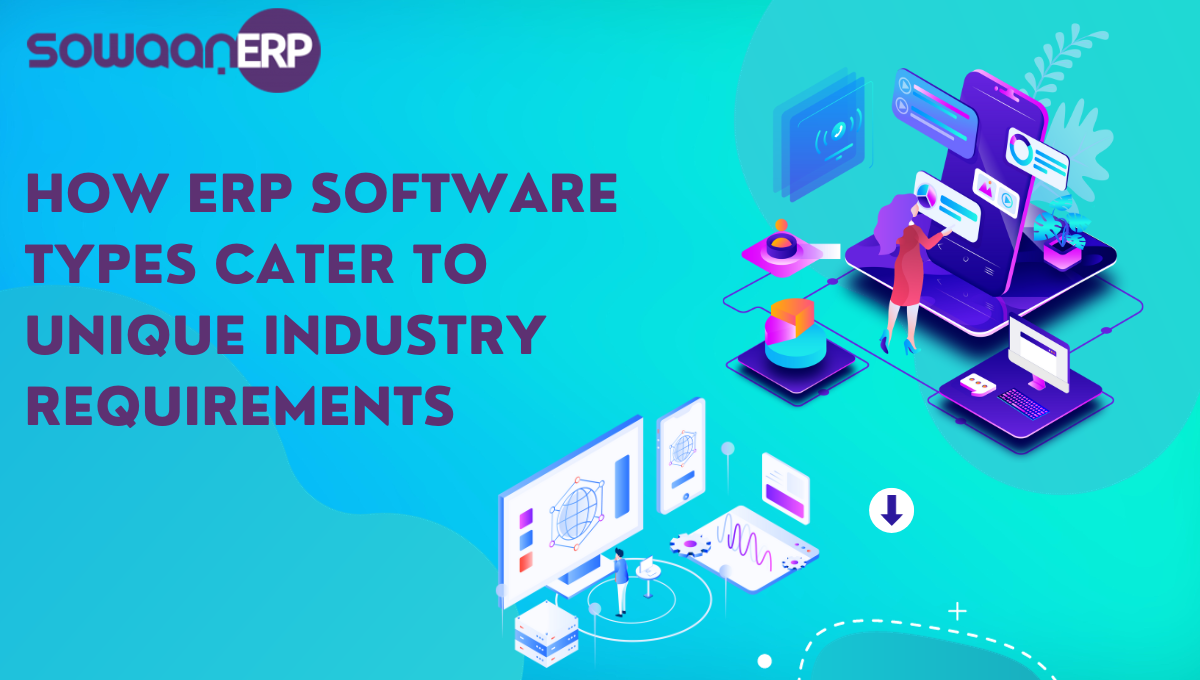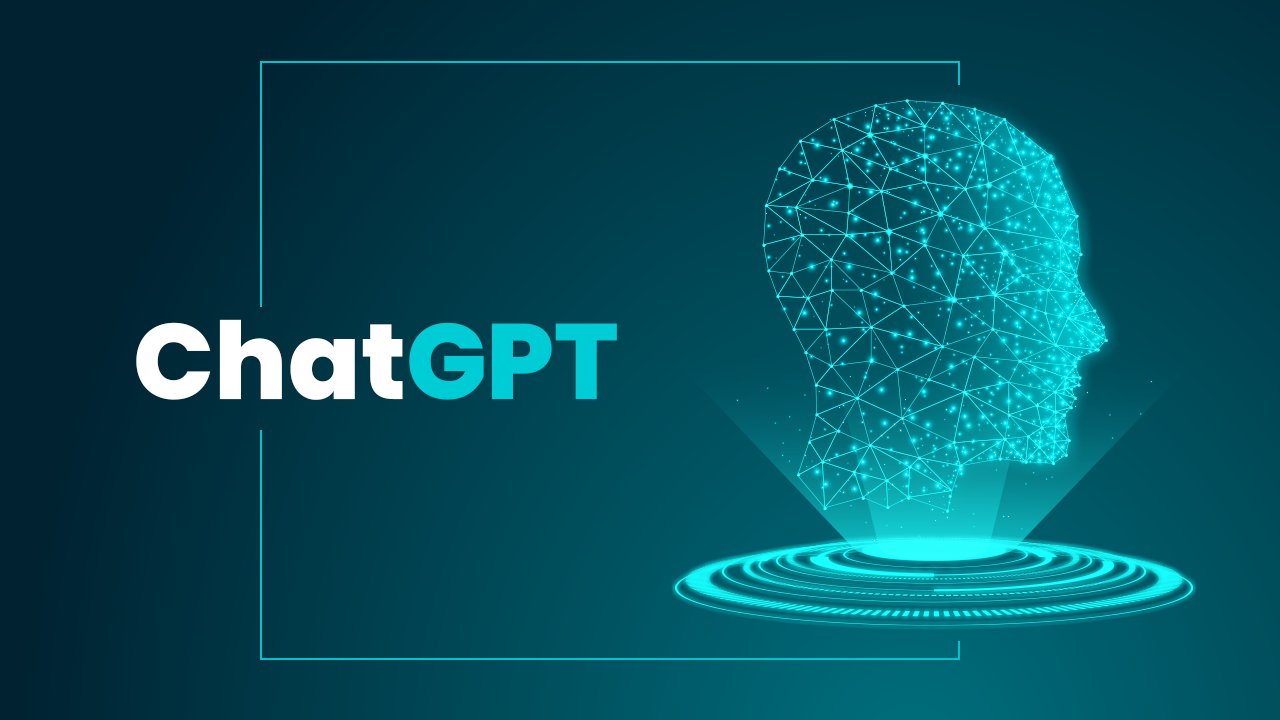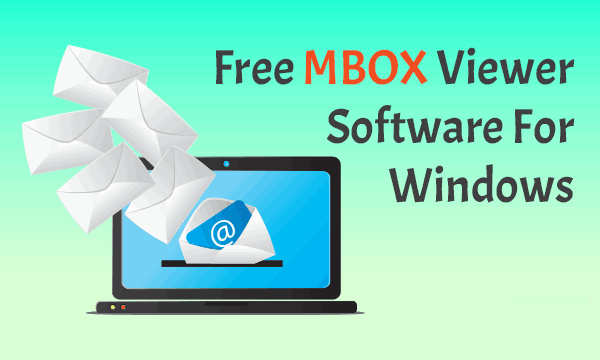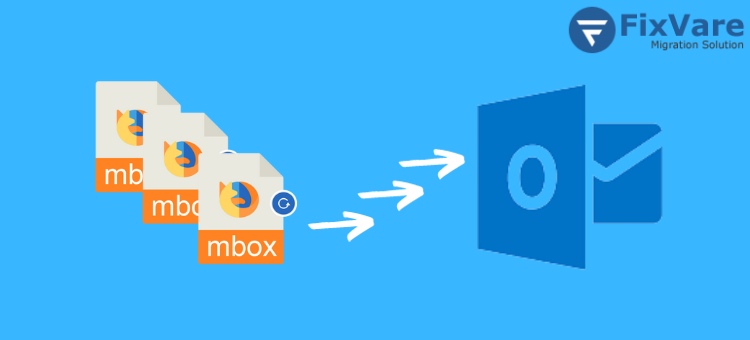How ERP Software Types Cater to Unique Industry Requirements

Enterprise Resource Planning types are designed to cater to the unique industry requirements of different industries by providing specialized features and functions. ERP has become a business need. A well-efficient business solution software that has become increasingly famous in the modern business world as cloud erp in uae. It is created to integrate and handle multiple business functions and operations simultaneously. Unique industry requirements refer to the specific and distinct needs, regulations, standards, and challenges businesses in particular industries face.
Discover ERP Software Types
INDUSTRY-SPECIFIC ERP:
Manufacturing ERP
Enterprise resource planning offers several advantages to a manufacturing company. They serve as the backbone of manufacturing operations. Communicating with multiple departments and methods simultaneously. One of the main advantages is that they ensure the efficiency and accuracy of the system.
Monitor real-time data and enable better decisions on estimated demand for resource allocation. In addition, improved quality control by monitoring and handling every step of the production process
.
Manufacturing companies can significantly benefit from ERP software and have challenges unique industry requirements. It helps streamline manufacturing processes, optimize inventory and reduce operating and operational costs, including automotive, electronics and consumer goods.
Retail ERP
Retail stores use ERP systems to manage inventory tracking system, improve customer service, and research sales data and information. Retailers online and in physical stores use ERP frameworks.
In addition, ERP systems allow retailers to see a deeper view of their sales data, allowing them to make decisions from data. This information helps identify customer preferences, trends and seasonality, allowing retailers to adjust their strategies and make more accurate demand forecasts.
Healthcare ERP
The healthcare industry benefits from various ERP software systems for patient information management, billing and payment accuracy, and inventory management. Hospitals, clinics and health departments use ERP for effective patient care.
It also optimizes advanced inventory management of clinical supplies and drugs, ensuring that critical assets are available when needed. In addition, a healthcare ERP system improves communication and coordination between industries and healthcare service providers. Lead to more efficient outcomes and experiences for patients. They also help ensure adherence to healthcare guidelines and policies, which are critical to patient well-being and data security.
FUNCTIONALITY-BASED ERP:
Financial ERP
These systems focus on accounting, financial reporting, budgeting and financial analysis. They offer tools to manage accounts payable, accounts receivable and the general ledger.
HR ERP
The one most important benefit of ERP for HRM is the centralized database. A combined database helps management to get information at an earlier time without chaos. Workplace HR system software helps a business organization get each employee’s data, like his name and employee code, employee attendance, departures, work history, performance reviews, and various employee benefits, which are collected from the database itself. Thus, it helps the management to make timely decisions and ensure that everything is smooth and organized.
The second and most affordable benefit that ERP offers is talent acquisition. Implementing an ERP for the HRMS training module ensures that the right and skilled people are hired to perform certain tasks. ERP helps determine skills needed for specific job descriptions, track employee-oriented training, and record employee performance. In short, most importantly, ERP in the workplace helps manage employee skills and training.
Supply chain ERP
Supply chain ERP solutions optimize procurement, demand forecasting, order fulfillment and logistics management. They improve supply chain visibility and coordination. And make efficient changes for the supplier.
DEPLOYMENT MODEL:
On-premises
It is the most traditional and earlier system where the software is installed and provided to the server and framework of the company.
The company manages and maintains the hardware, software and IT framework required for enterprise resource planning systems. ERP systems offer great control and customization but may require high-level IT experts, maintenance costs, and developers.
Cloud ERP
Cloud-based ERP or Software-as-a-service (SaaS) ERP is possible on the provider’s cloud servers and accessible via a network. Customers can access the ERP framework through Internet browsers, making it more valuable and customizable for remote access and coordinated work.
Cloud ERP eliminates the requirement for on-site equipment and IT support, making it a financially viable solution for some organizations. In addition, cloud-based ERP frameworks often receive updates and backups from the vendor to fulfill unique industry requirements.
BUSINESS SIZE:
SMB ERP
SMB resource planning refers to specialized software solutions designed to meet small and medium-sized businesses’ unique industry requirements and constraints (SMBs). These ERP systems are tailored to manage various business functions, including finance, inventory, procurement, sales and human resources. SMEs often need more budgets, resources and IT expertise than large companies. ERP solutions for SMEs are cost-effective, user-friendly and scalable. With their help, smaller organizations can streamline their processes, improve decision-making with real-time data, improve customer service and grow their business. Furthermore, They provide essential functionality while offering the flexibility to adapt and integrate with other business tools, allowing SMEs to compete effectively in their respective industries.
Enterprise-grade ERP
Enterprise ERP, short for Enterprise Resource Planning, refers to robust and comprehensive software solutions designed to meet the complex and extensive needs of large organizations. These ERP systems are highly sophisticated and can manage and optimize a variety of critical business functions, including finance, manufacturing, supply chain, human resources, and customer relationship management. Unlike smaller companies, large companies often have multiple departments, global operations and extensive data flows, making their ERP requirements more complex.
Enterprise ERP solutions offer advanced functionality, scalability for growth and the ability to handle large transaction volumes. They can usually be customized to meet specific industry standards and regulations, enabling large enterprises to streamline their operations, promote
data-driven decision-making, maintain strict security and governance standards, and remain competitive in a rapidly evolving business environment.
OPEN SOURCE ERP:
Open-source ERP is an enterprise software framework class that follows open-source improvement standards and offers unique industry requirements. These ERP systems are characterized by the accessibility of their source code to people, which allows anyone to view, edit, modify and distribute the code publicly.
Open-source ERP software offers various benefits to associations. First, it provides comprehensibility, allowing customers to analyze hidden code to understand framework functionality, which improves security and control. In addition, it offers great customization and will enable companies to adapt the software to their needs as they change. Cost-effectiveness is another significant advantage, as an open-source ERP system requires no licensing fees, making it an attractive option for budget-conscious organizations. In addition, these ERP frameworks often benefit from dynamic networks of designers who provide ongoing assistance, updates, and improvements. They promote flexibility and scalability by facilitating integration with other programs and systems through a modular design. Also, open-source ERP offers business autonomy, reduces dependence on a single vendor, and provides greater visibility into software adoption and maintenance options.
Conclusion
ERP software types significantly line up with an organization’s technology with its unique industry requirements, eventually helping businesses smooth out operations, improve decision-making, and maintain a competitive boundary.
Implement the best ERP software to unlock the full potential of your business, buy cloud erp in UAE because the future of cloud erp in UAE is promising success in the business world.



